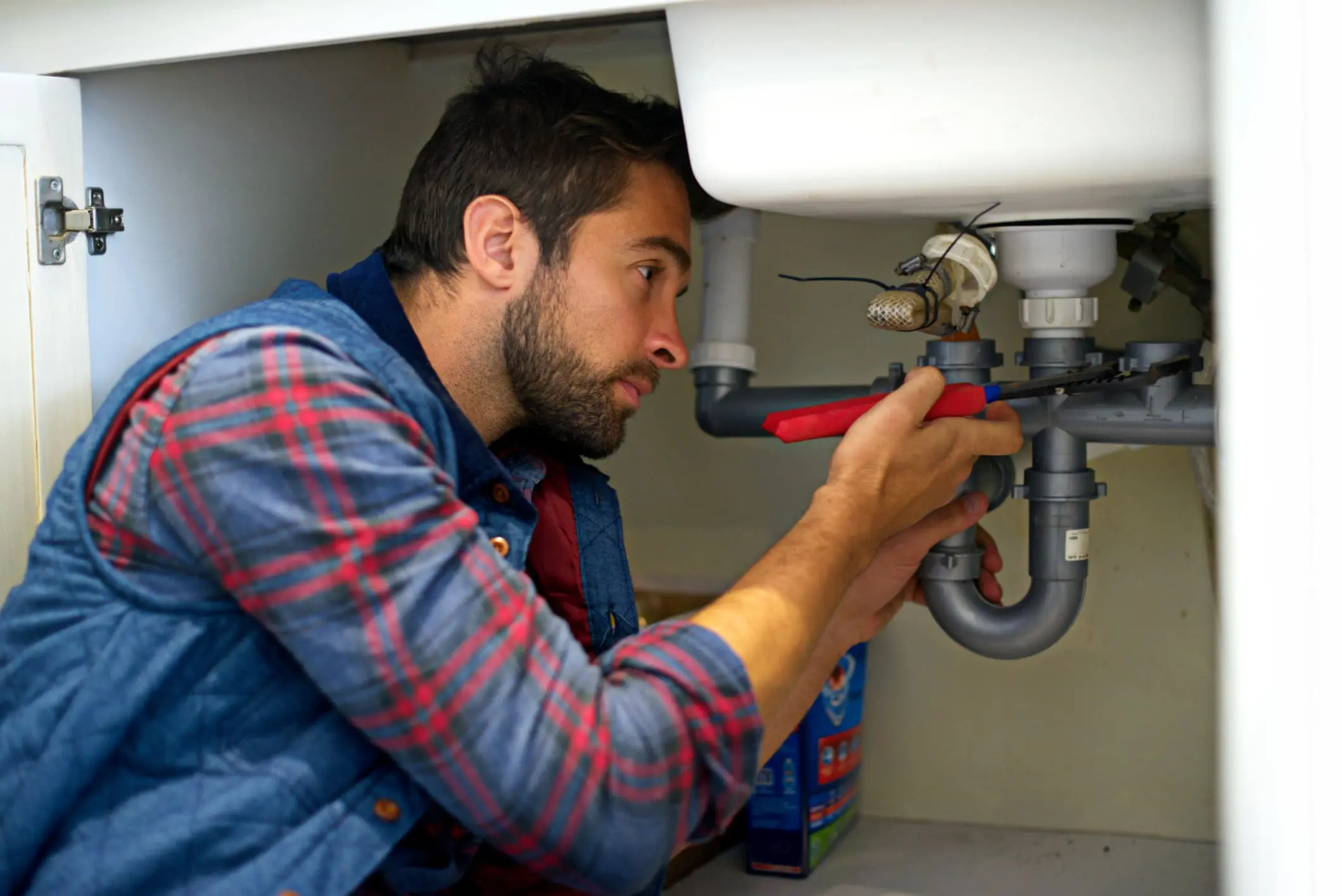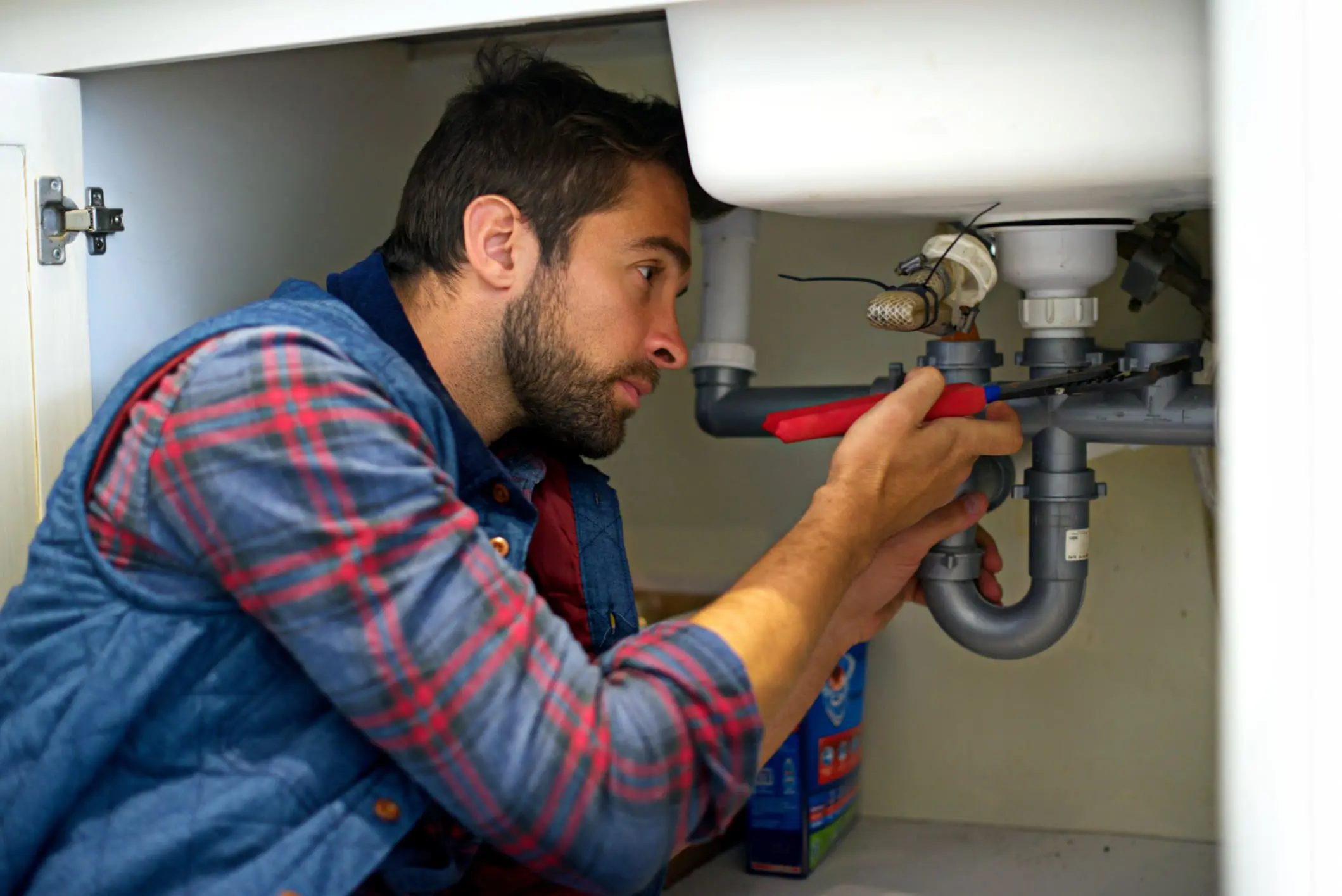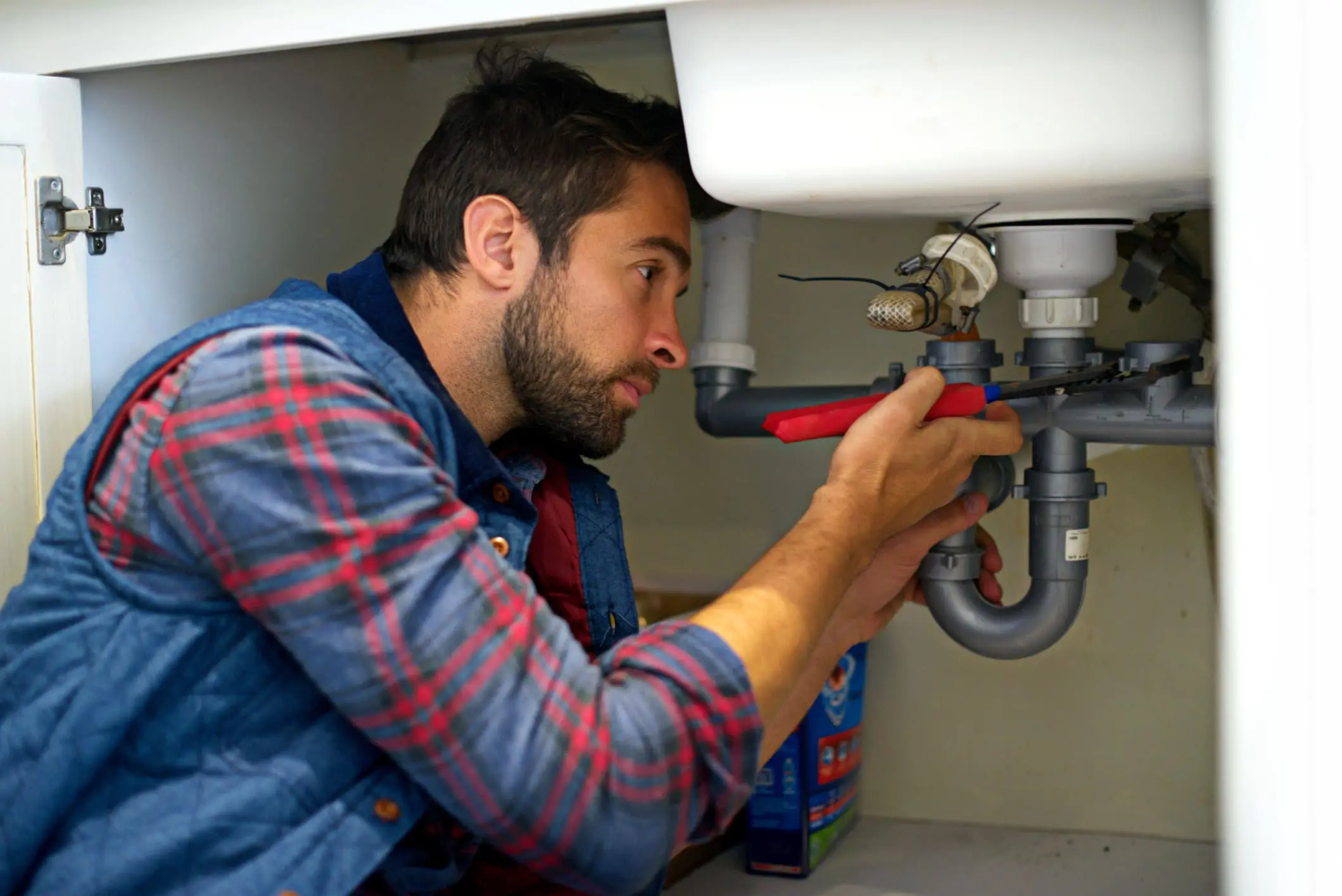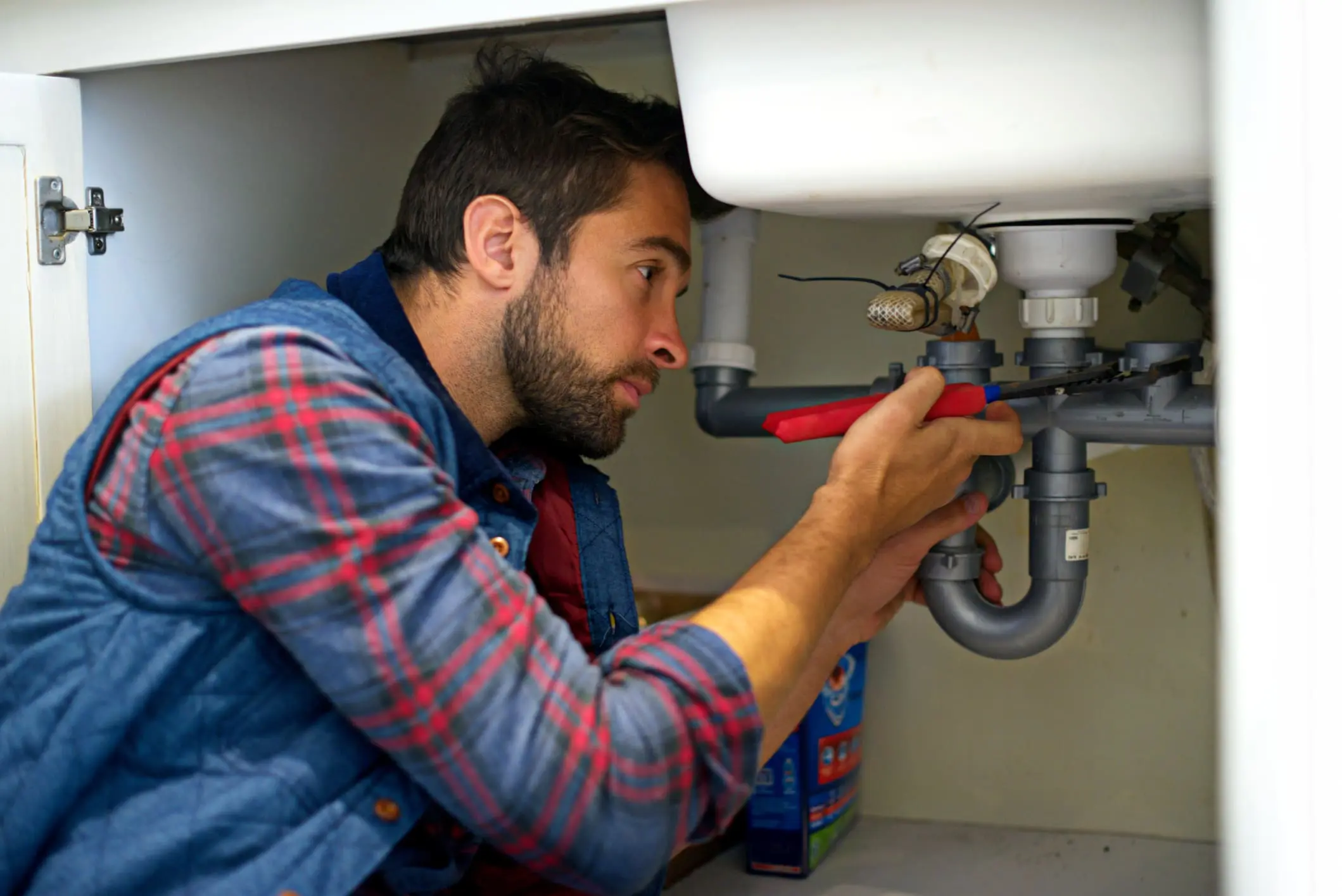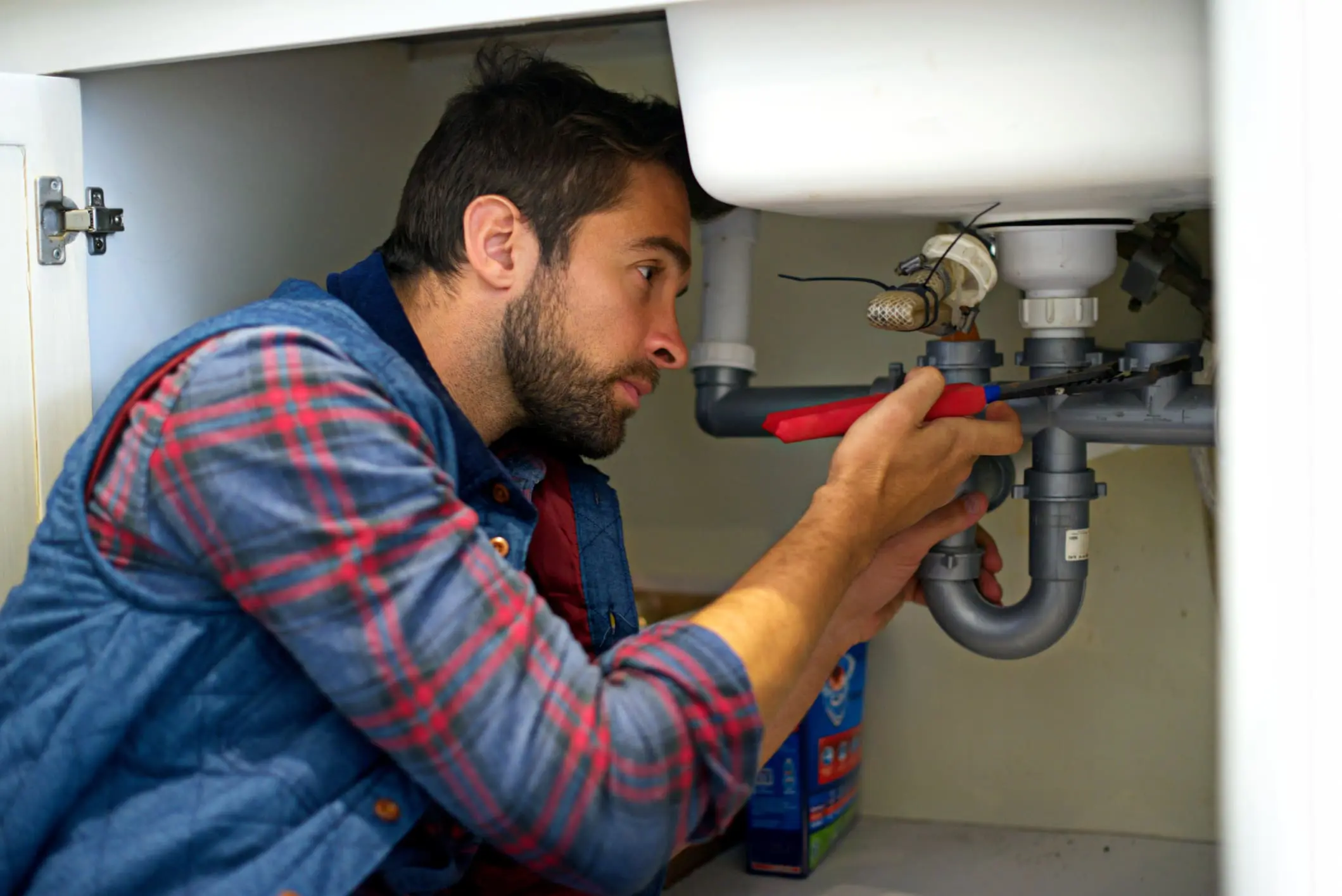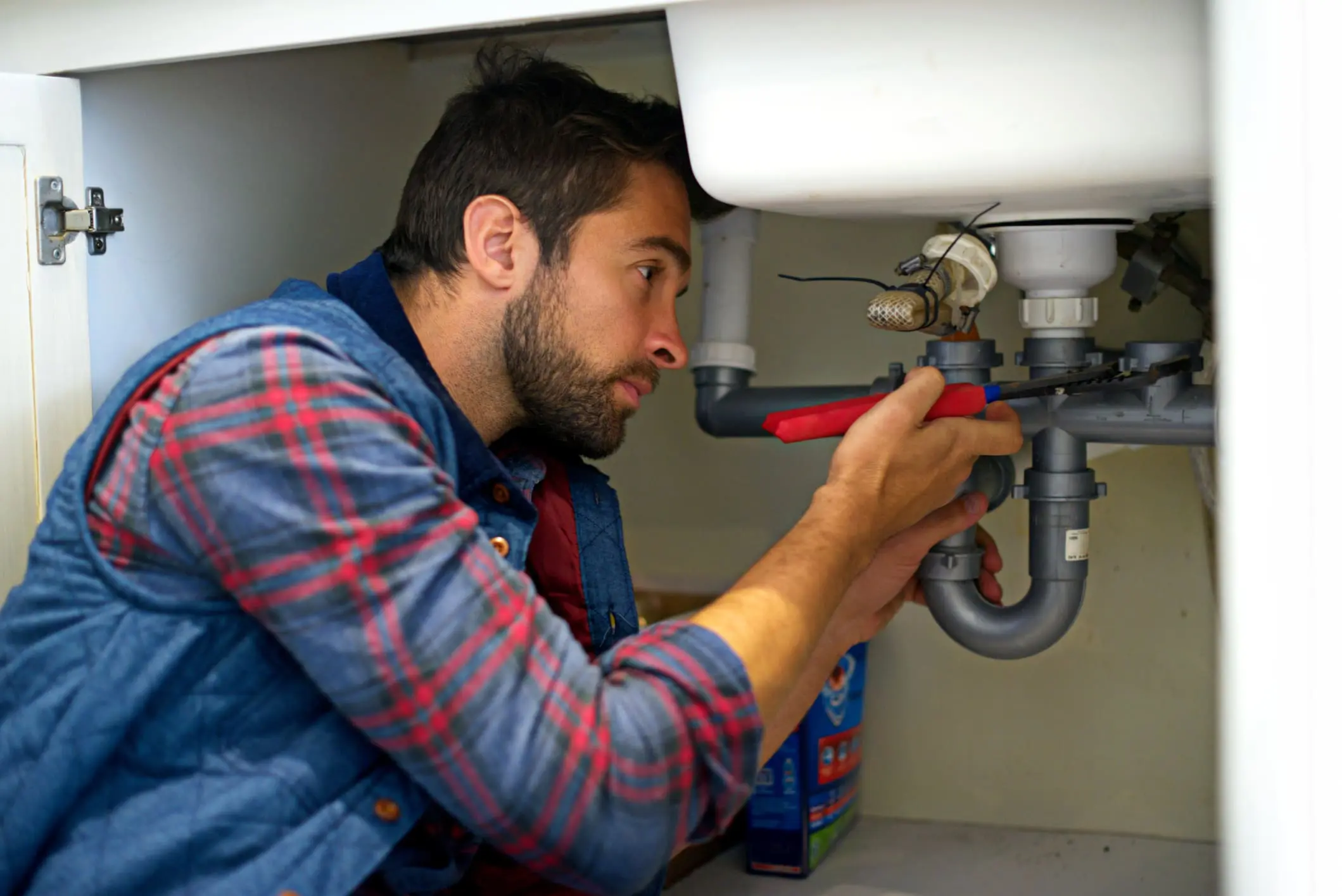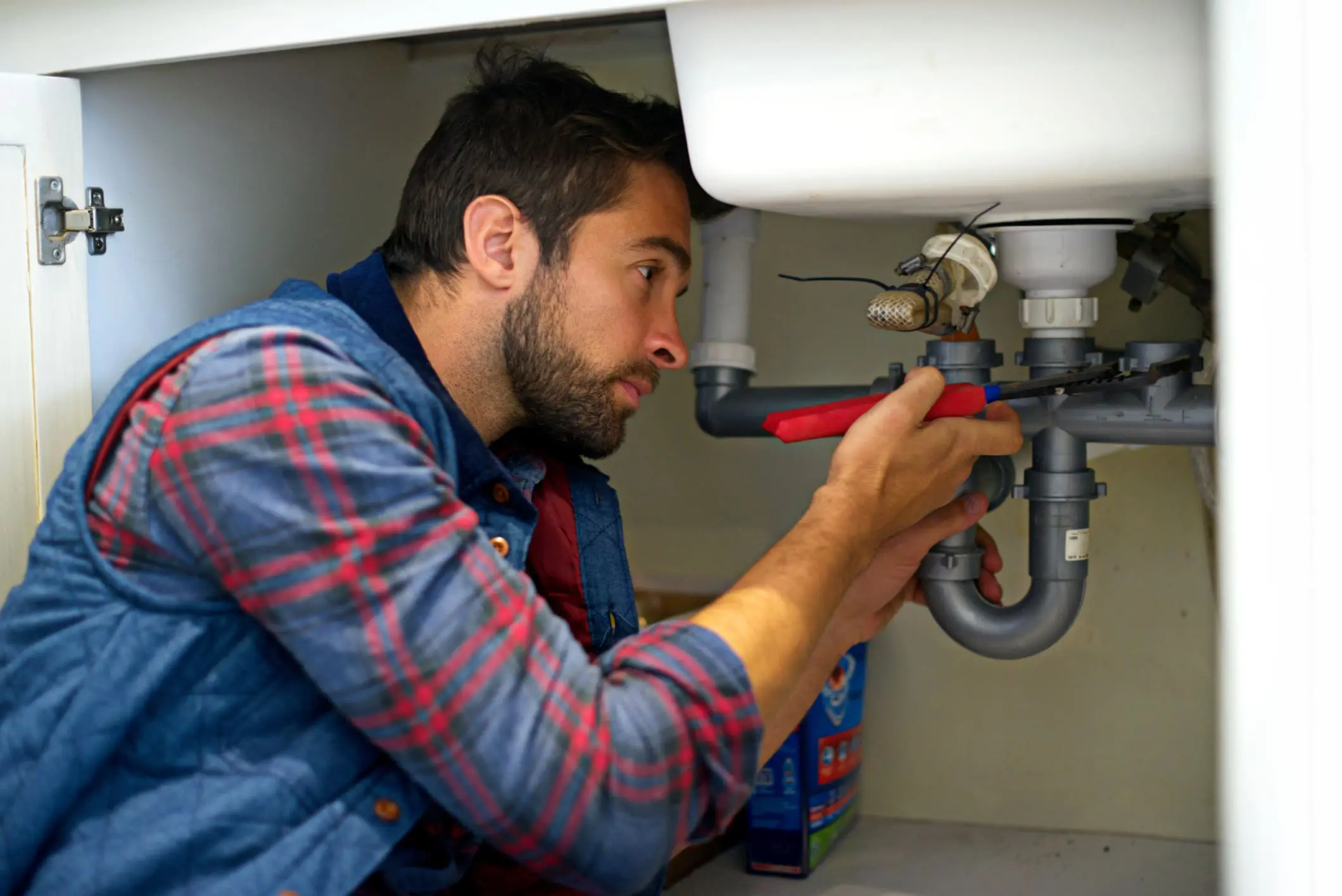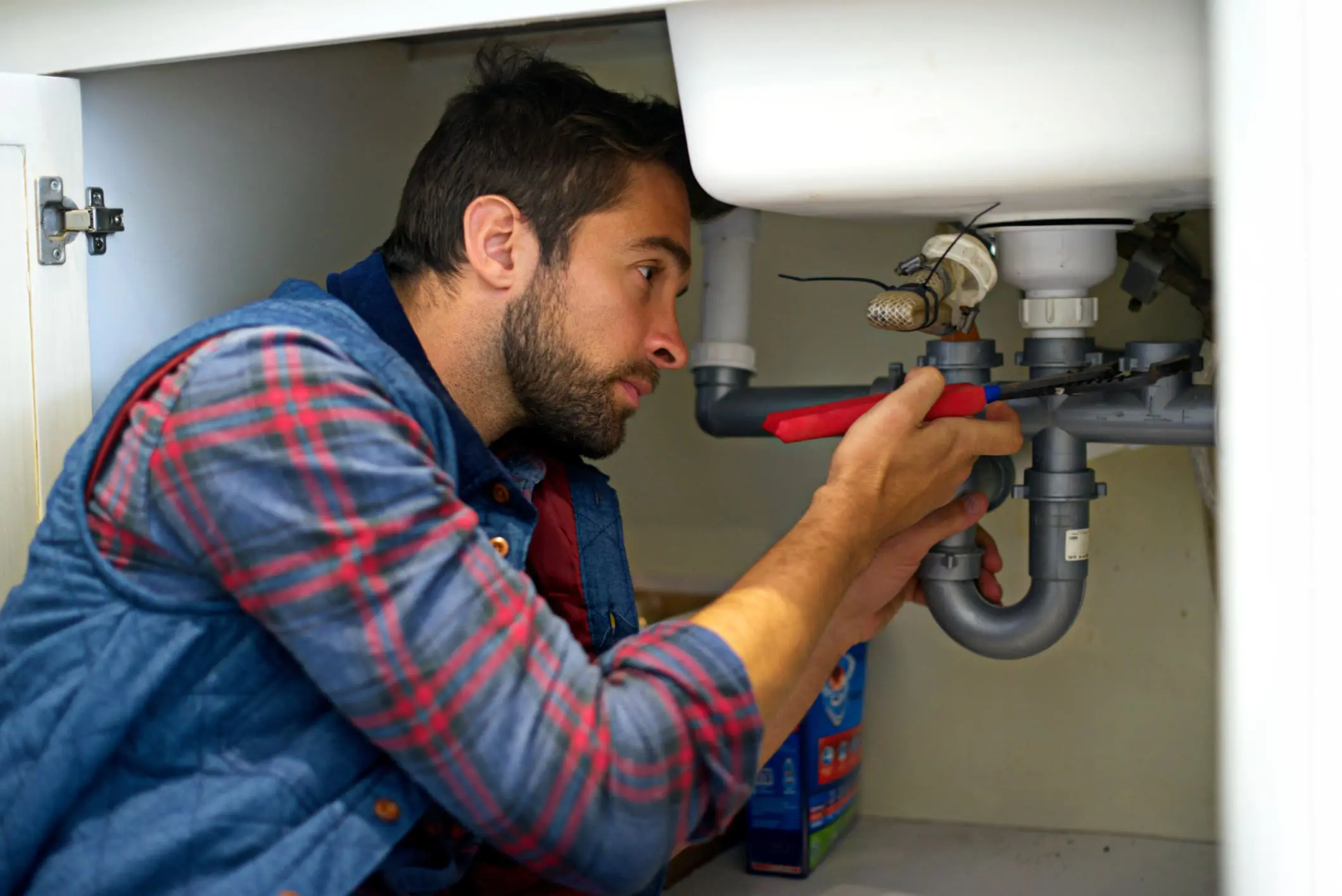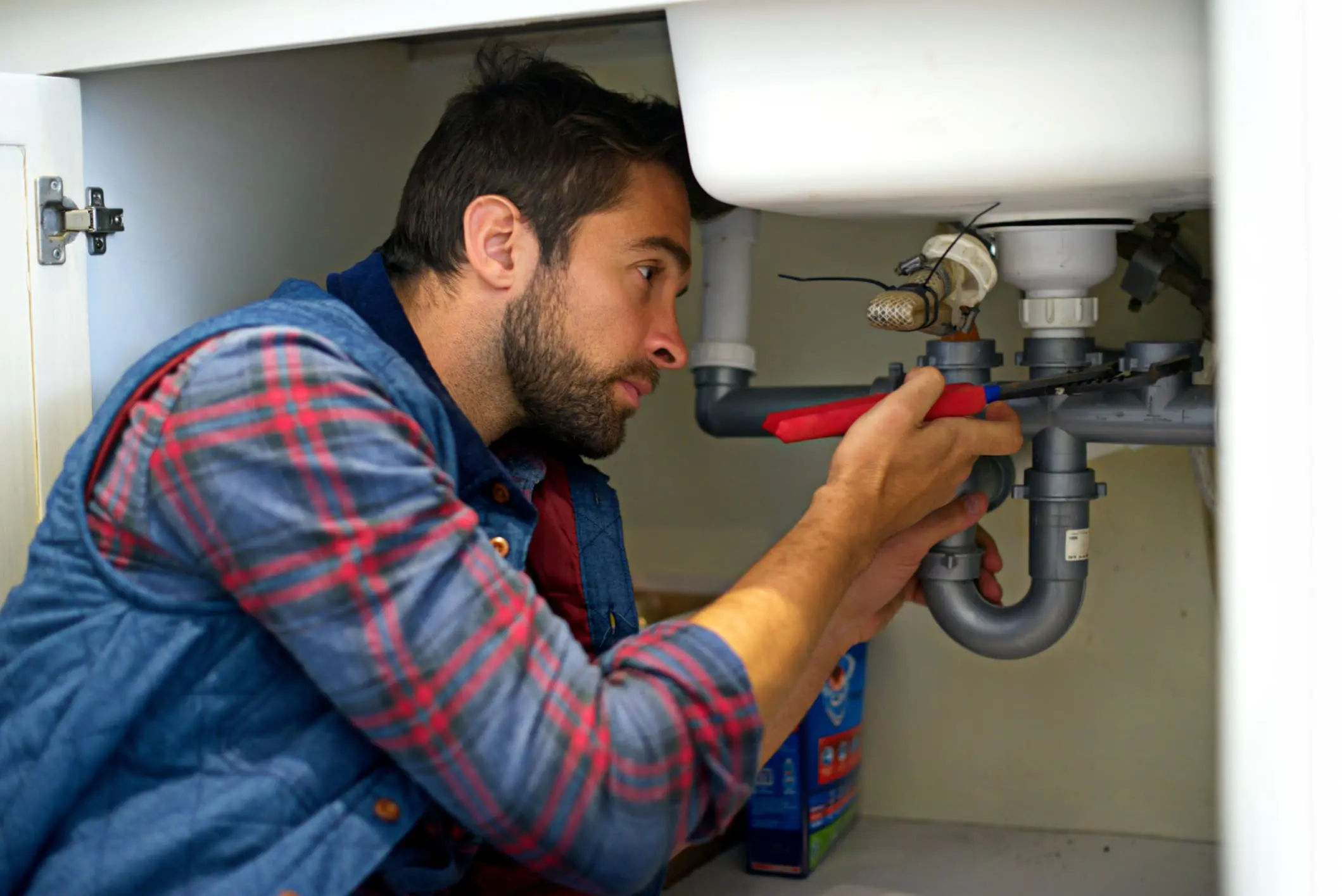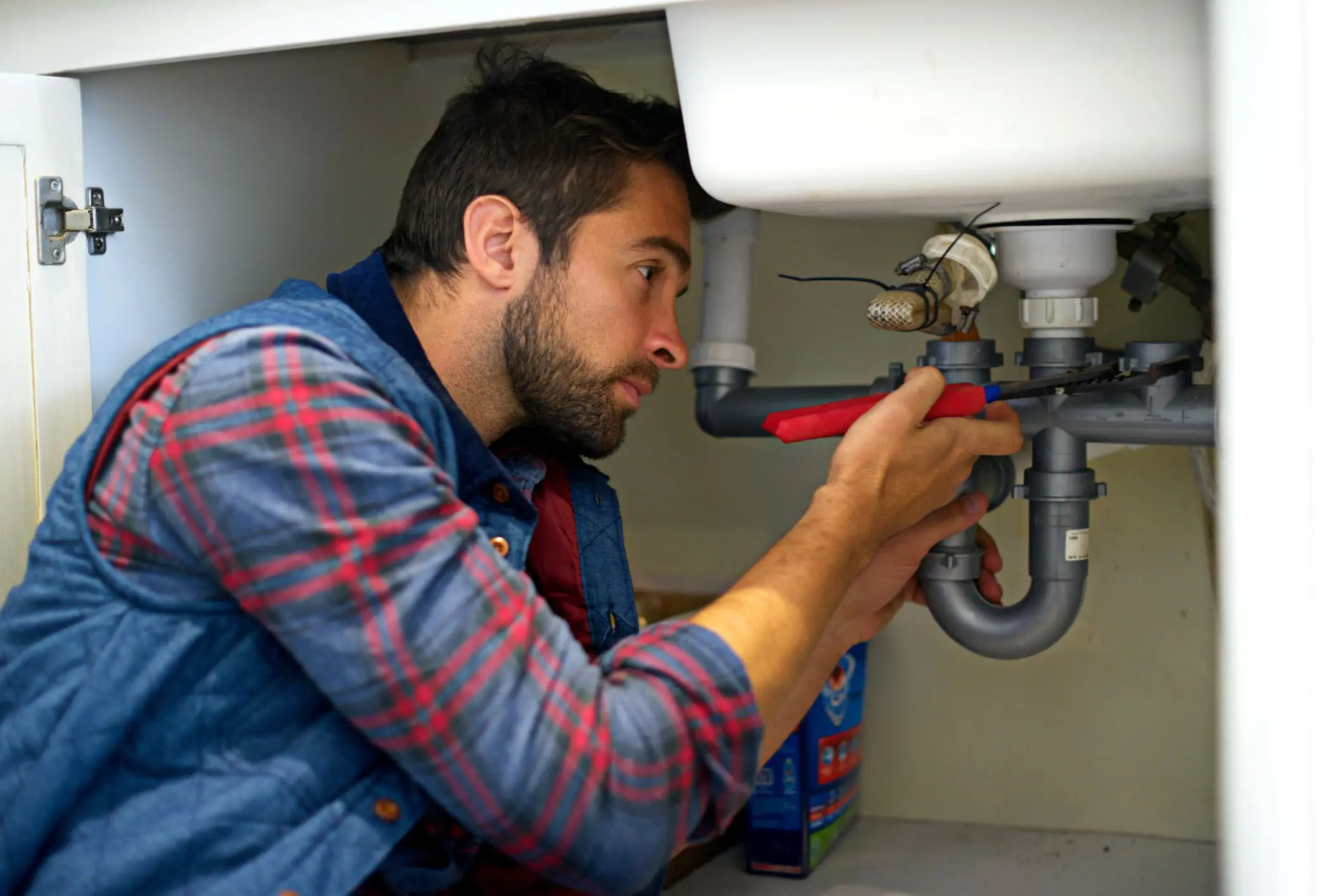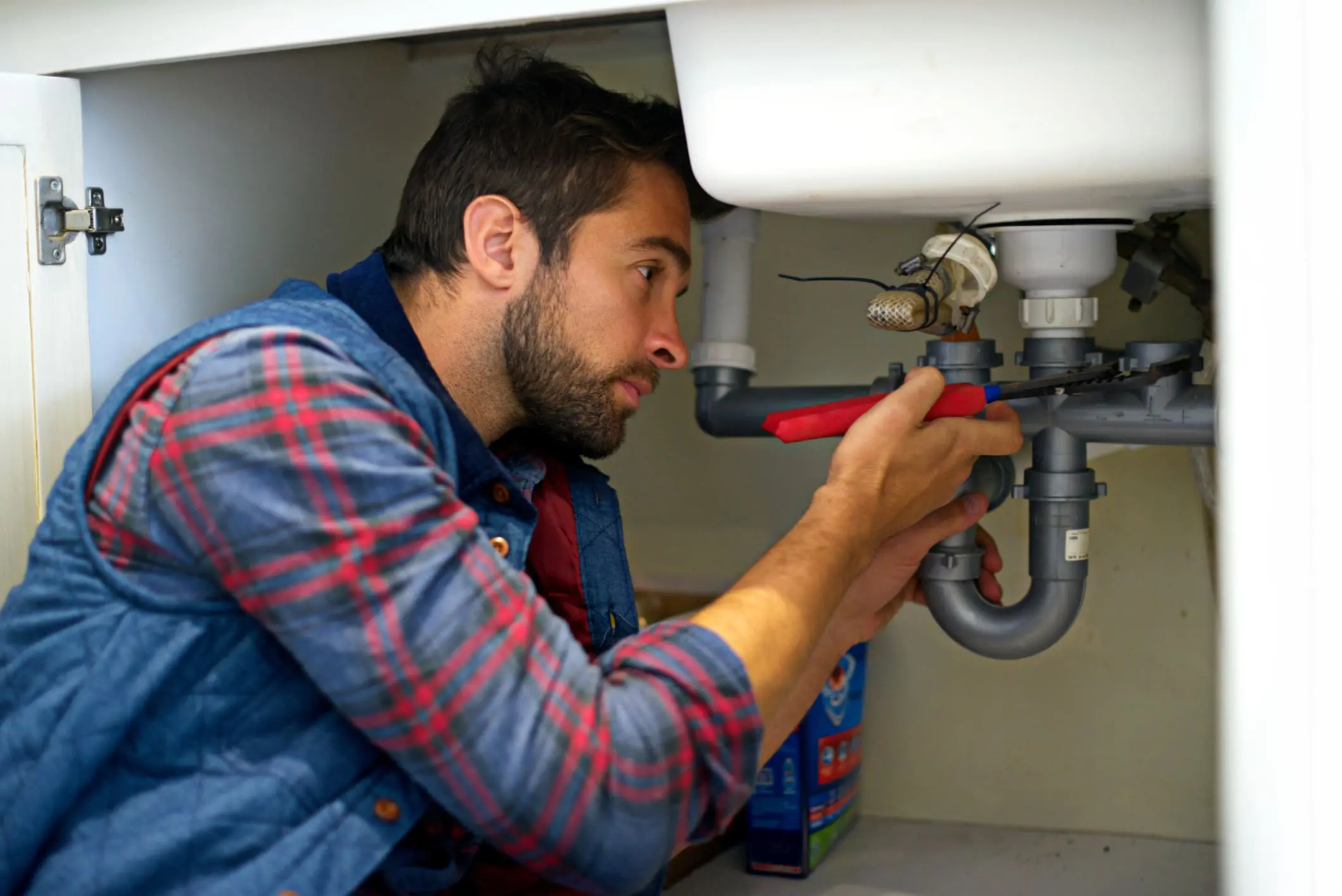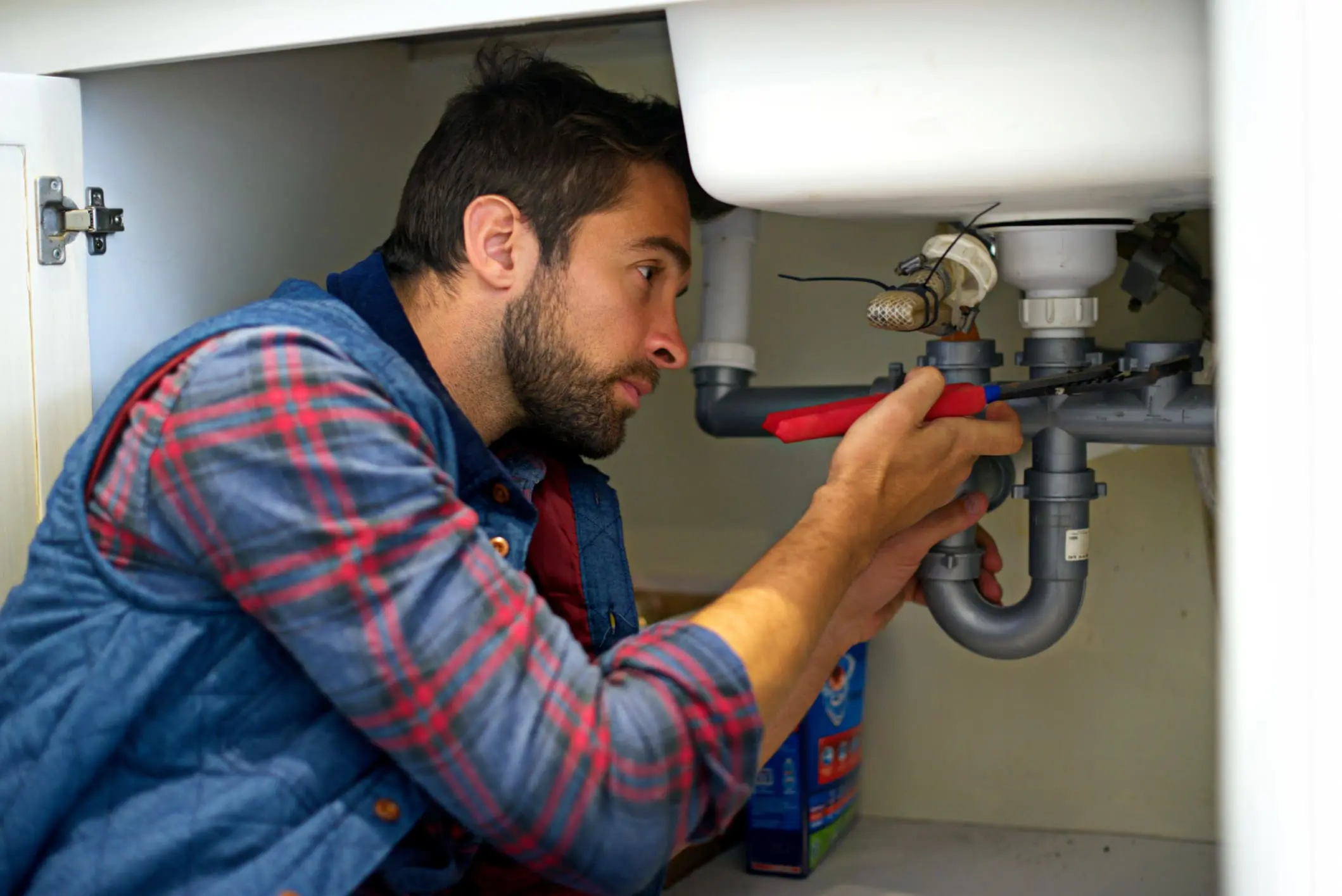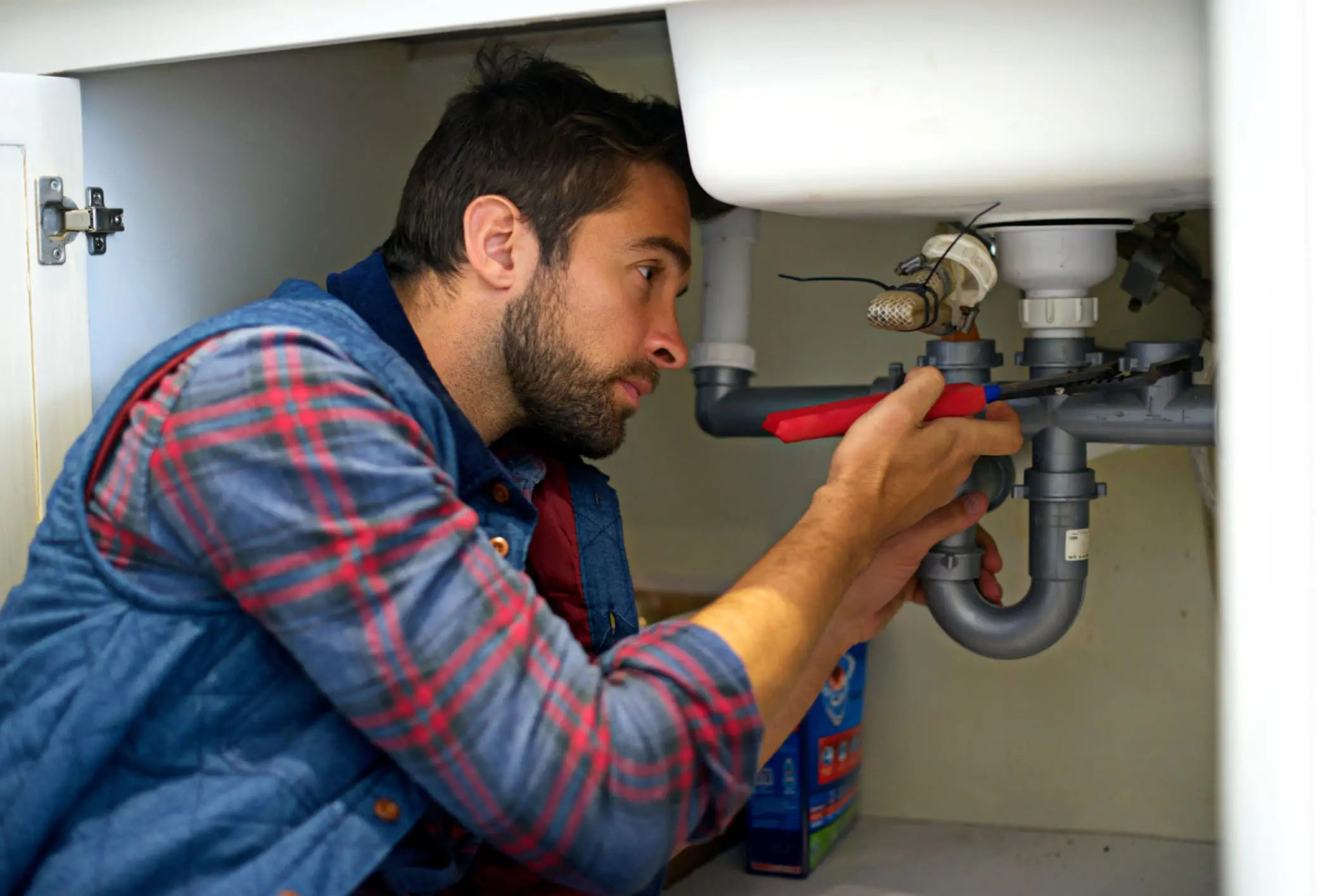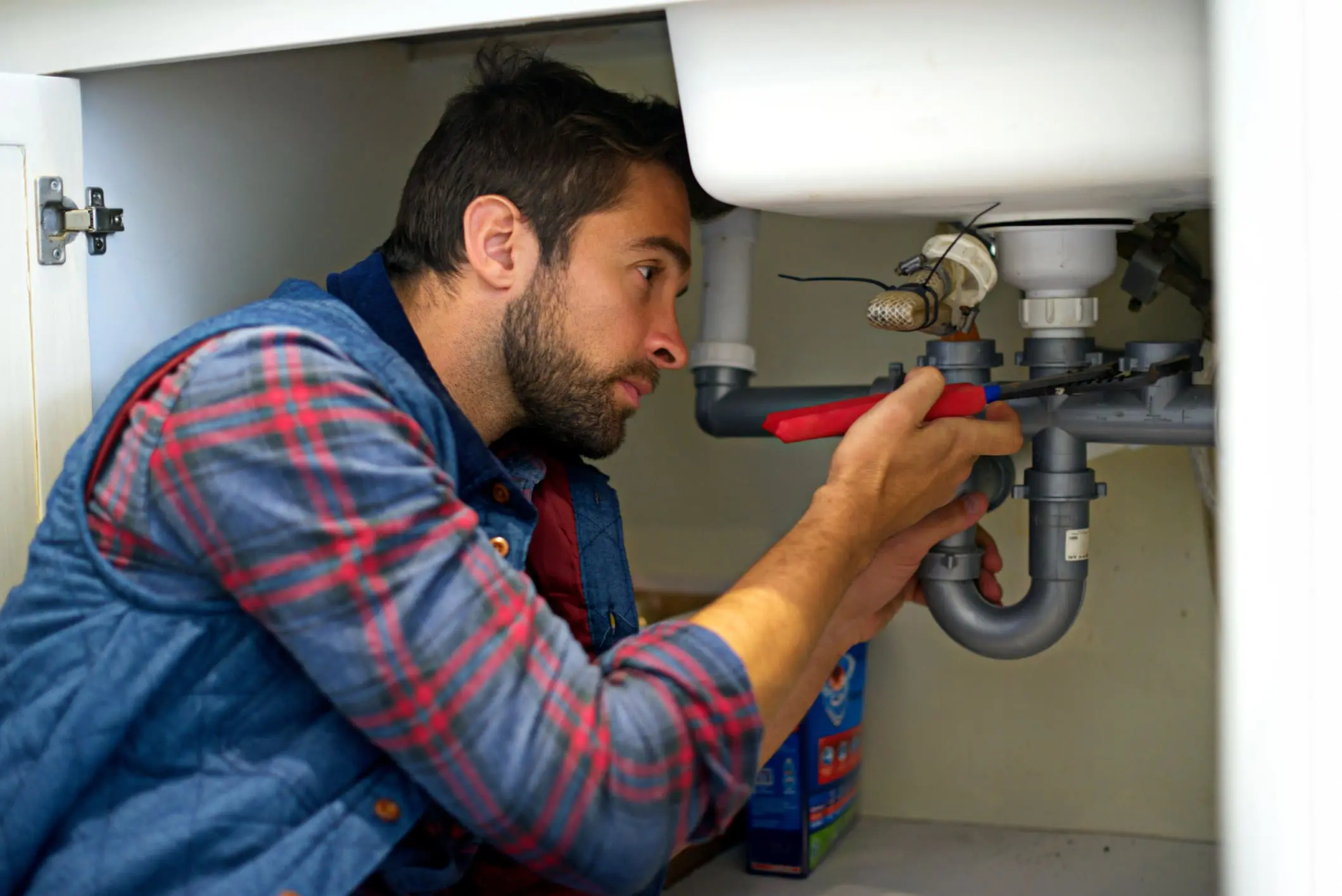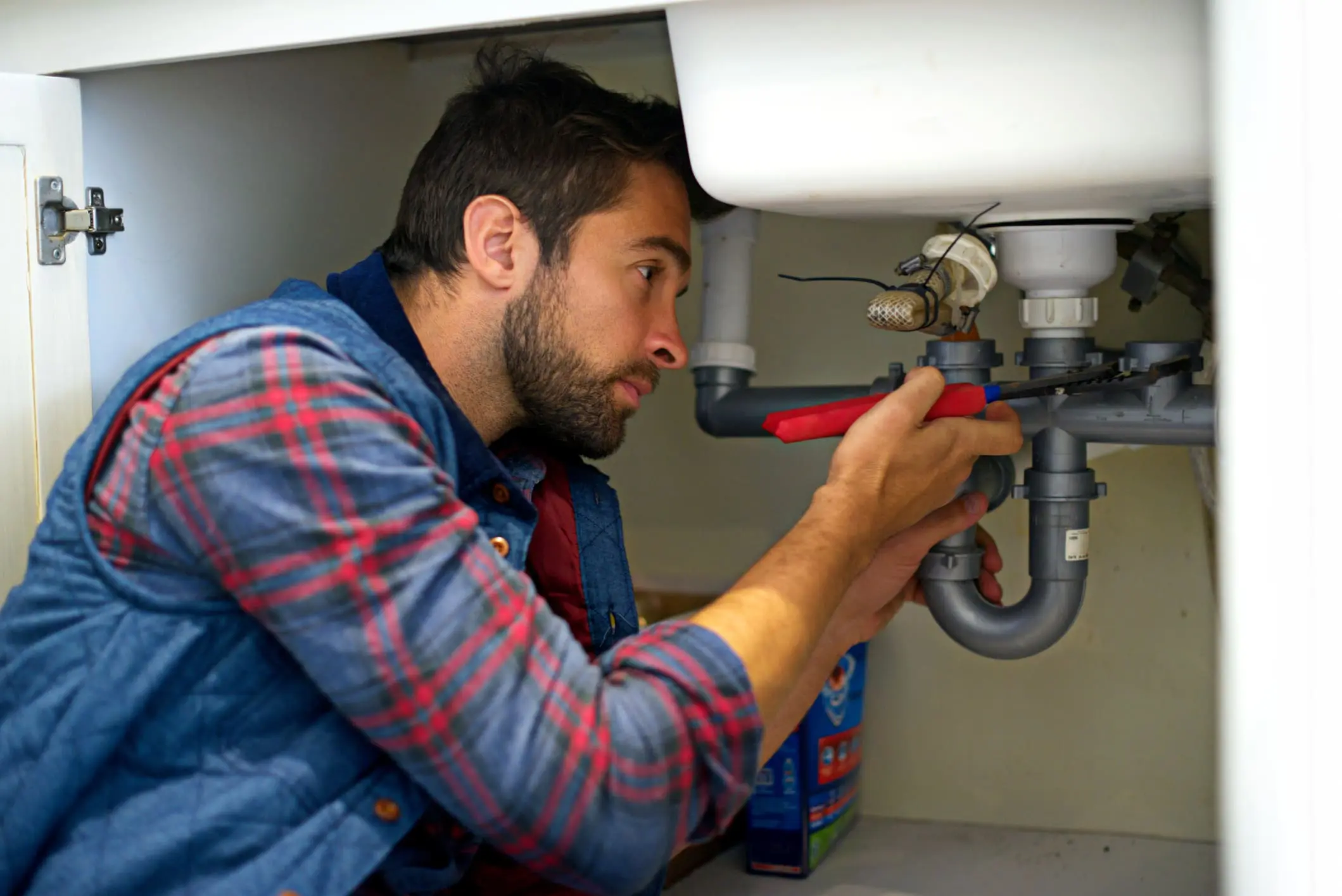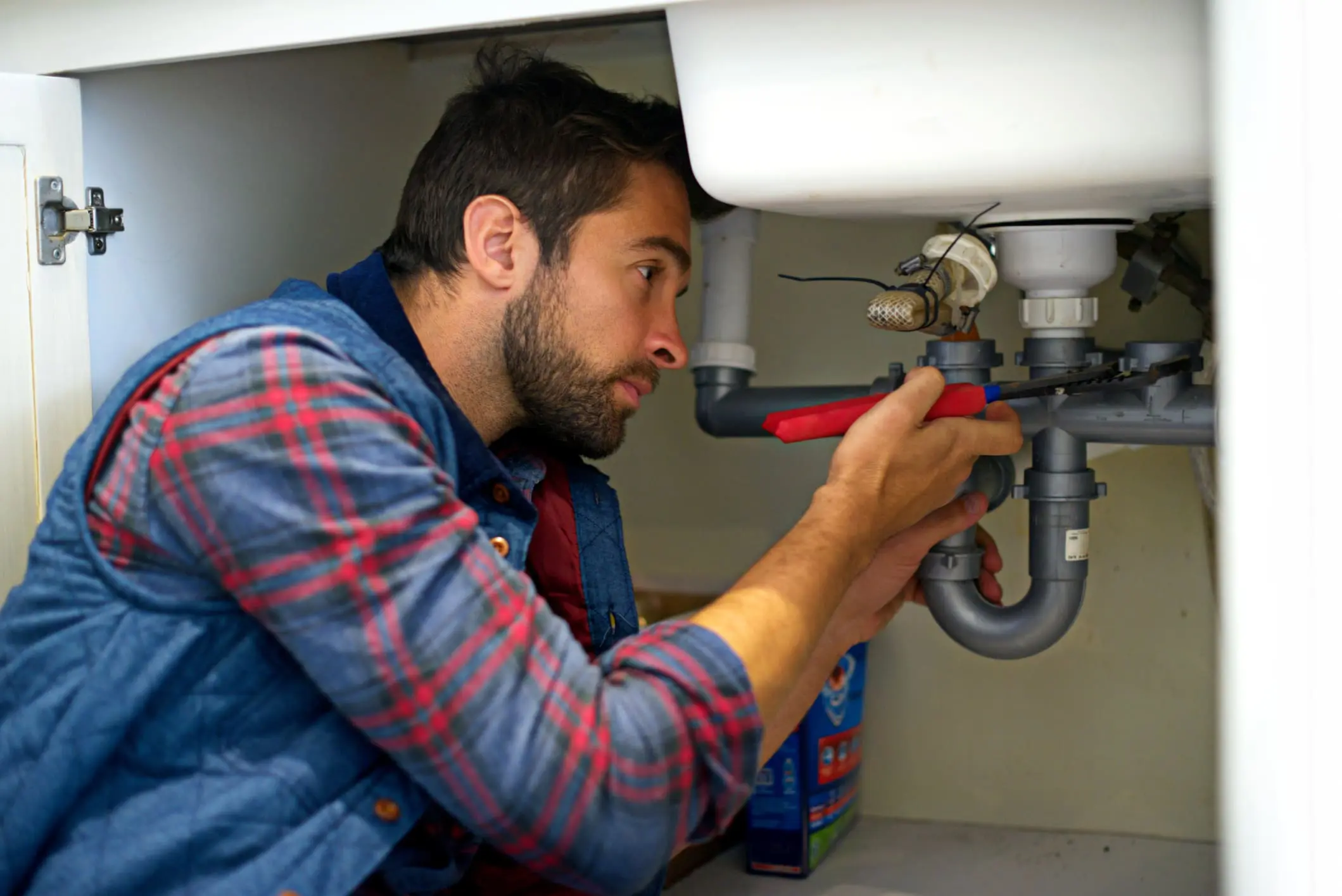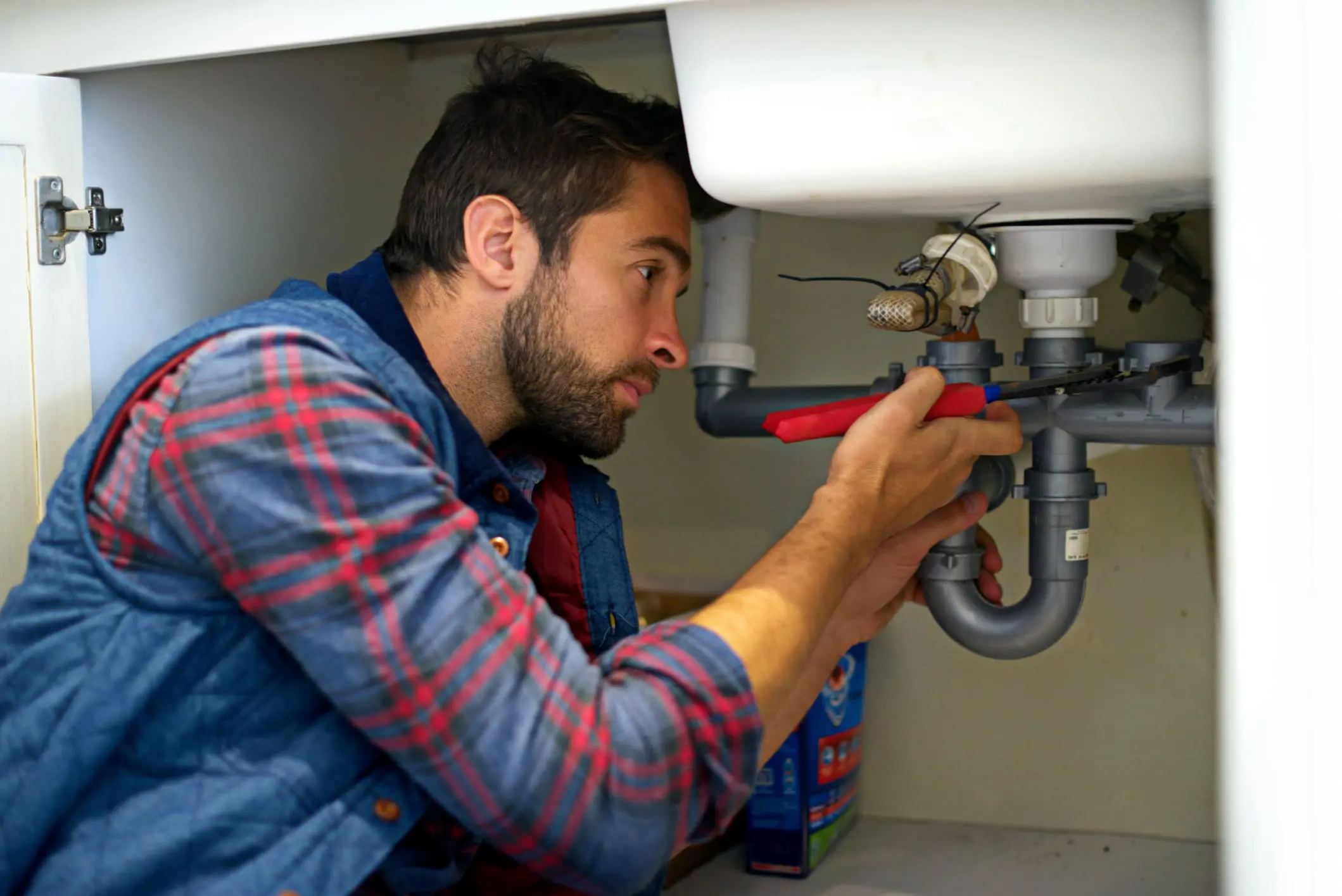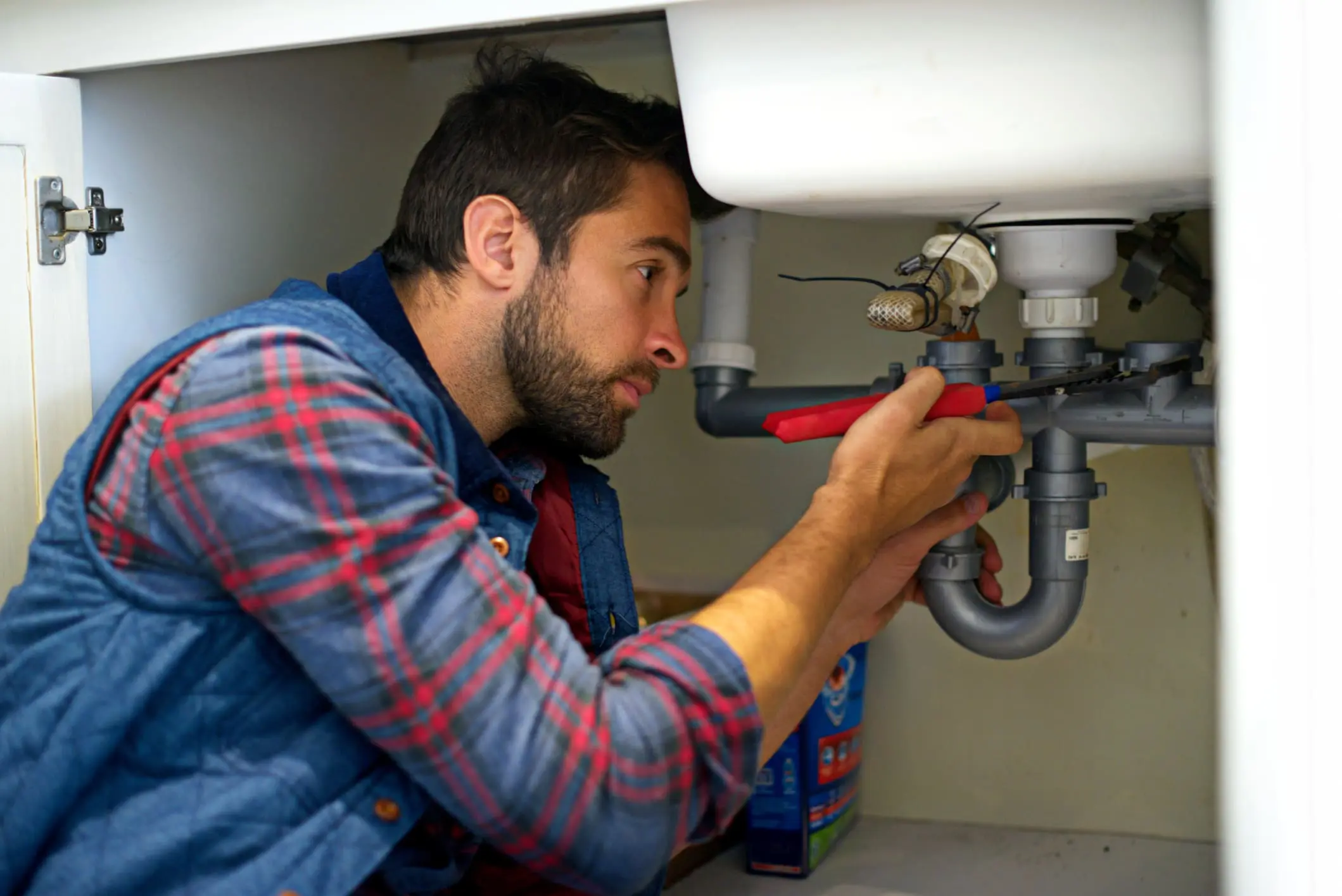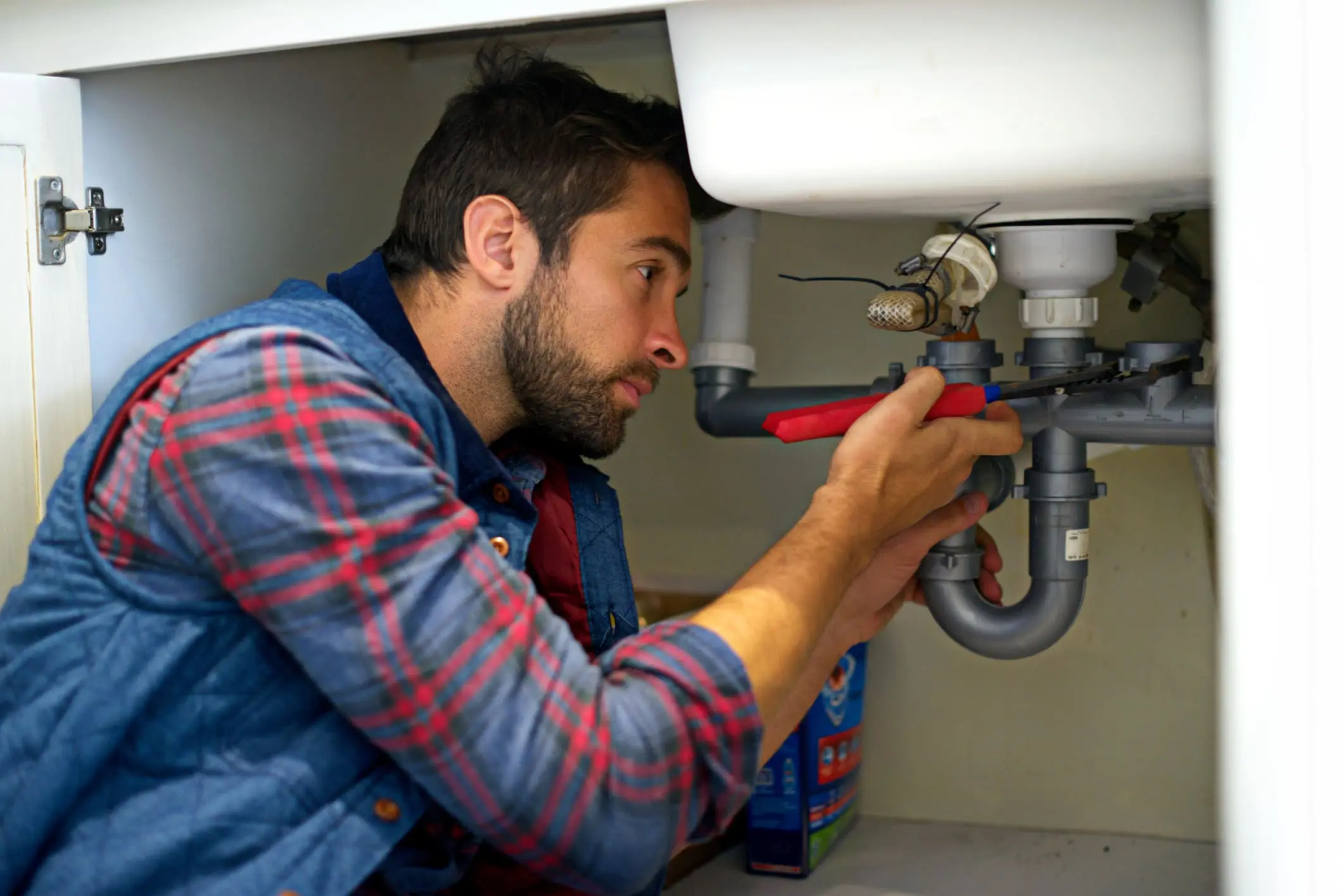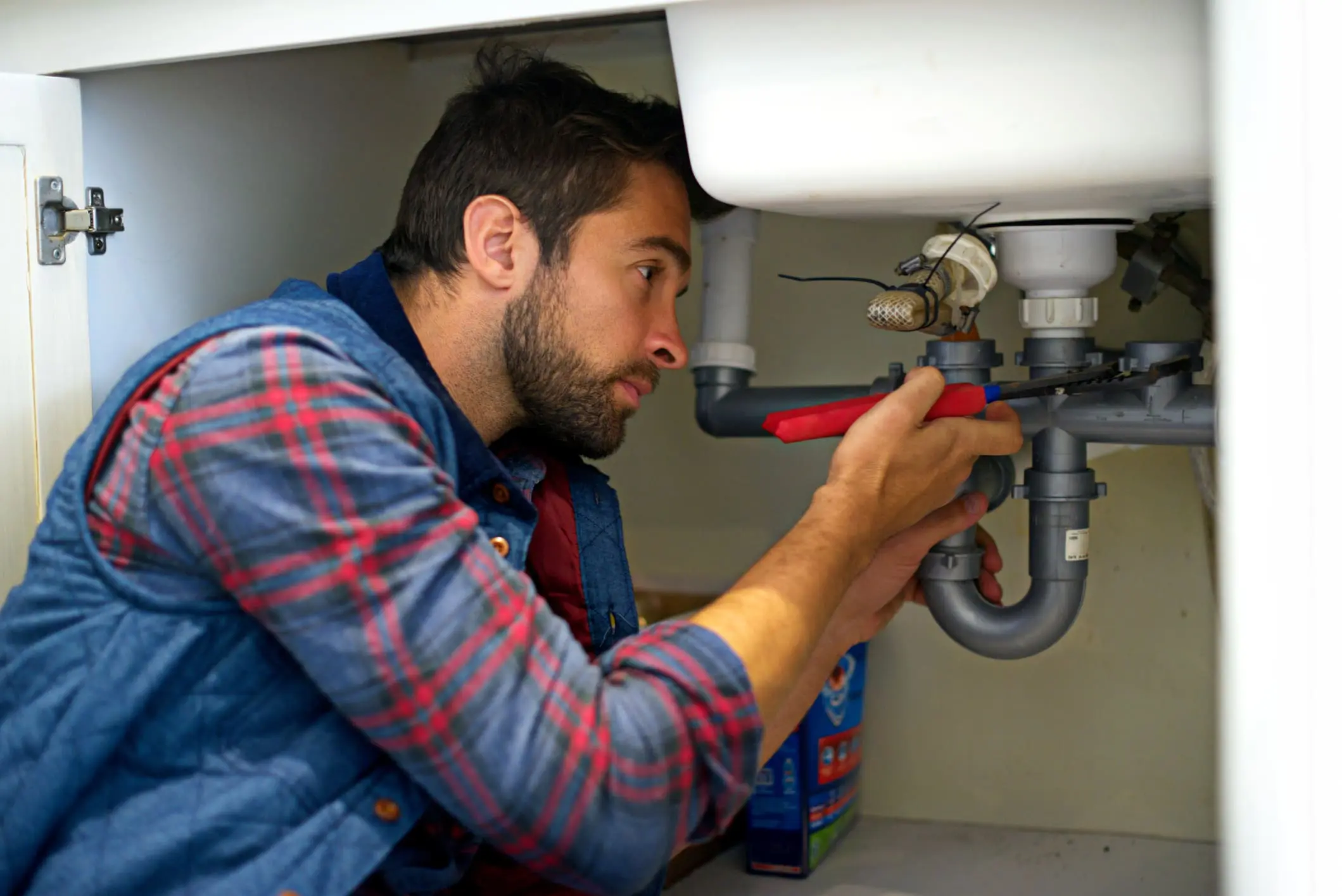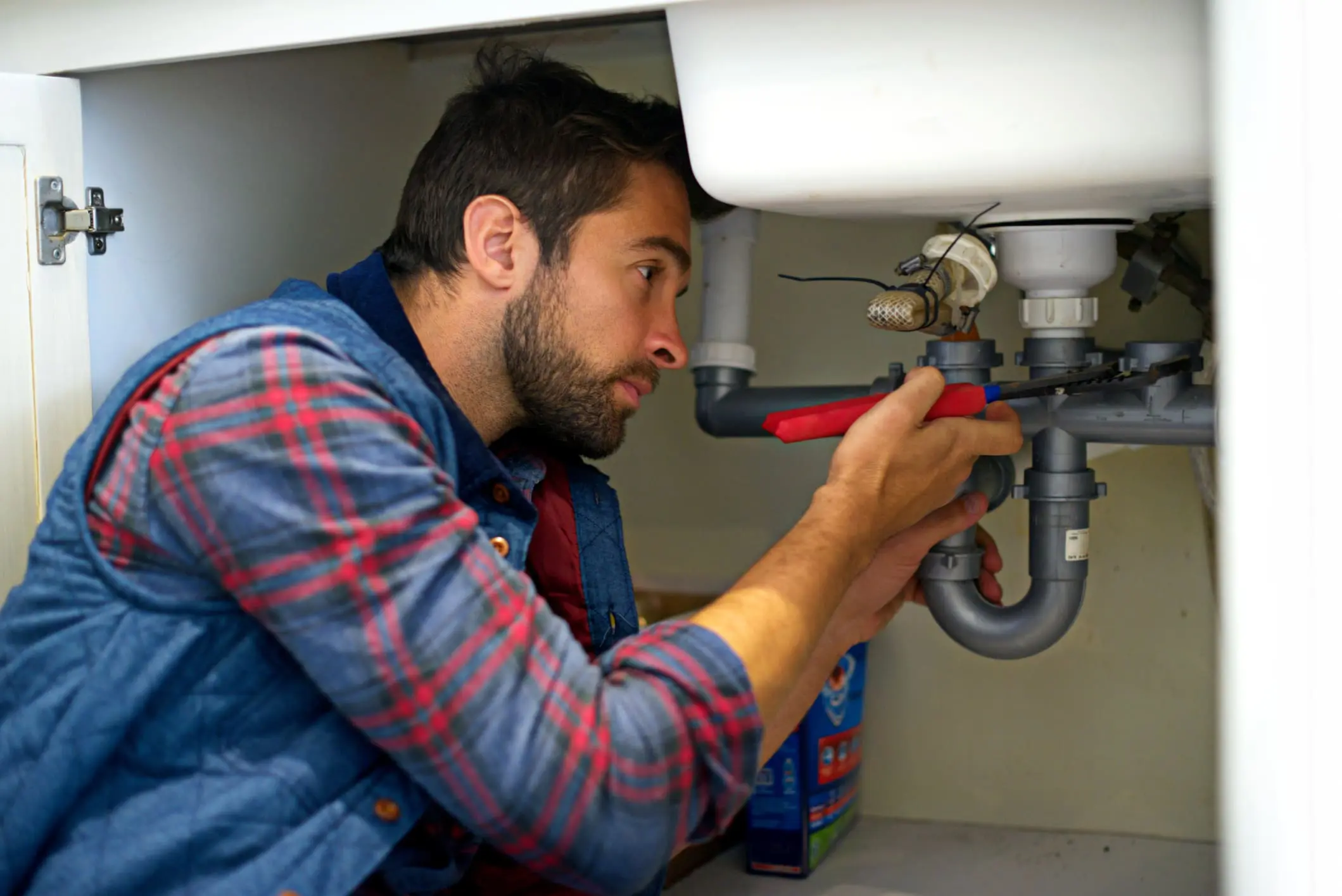Complete Plumber Insurance Guide: Essential Coverage for Plumbing Professionals
Introduction
As a plumber, you face unique risks every day that could potentially devastate your business and personal finances. From water damage claims to professional liability issues, the plumbing trade presents specific challenges that require specialized insurance coverage. This comprehensive guide will walk you through everything you need to know about plumber insurance, helping you protect your business, your livelihood, and your peace of mind.
Whether you're a sole trader just starting out or running an established plumbing company with multiple employees, understanding your insurance needs is crucial for long-term success. The right insurance coverage can mean the difference between a minor setback and a business-ending catastrophe.
Why Plumbers Need Specialized Insurance
Plumbing work involves inherent risks that standard business insurance policies may not adequately cover. You're working with water systems, potentially causing significant property damage if something goes wrong. You're also providing professional services where mistakes can be costly, and you're often working in customers' homes and businesses where accidents can happen.
The consequences of being underinsured or uninsured can be severe. A single water damage claim could run into tens of thousands of pounds, while a serious injury on a job site could result in substantial compensation claims. Professional indemnity claims can arise years after completing work, making ongoing coverage essential.
Essential Types of Plumber Insurance
Public Liability Insurance
Public liability insurance is arguably the most critical coverage for any plumber. This insurance protects you against claims from third parties who suffer injury or property damage as a result of your work or business activities.
What it covers:
- Accidental damage to customer property
- Water damage from burst pipes or flooding
- Injury to customers or members of the public
- Damage to neighboring properties
- Legal costs and compensation payments
Real-world scenarios:
- Accidentally damaging a customer's expensive flooring while installing a new bathroom
- A pipe joint failing after you've left, causing flooding to the property below
- A customer slipping on water you've spilled during emergency repairs
- Damage to antique furniture from a leaking radiator you've just fitted
Most customers and contractors will require you to have public liability insurance before they'll hire you, typically with minimum coverage of £1-2 million.
Professional Indemnity Insurance
Professional indemnity insurance protects you against claims arising from professional negligence, errors, or omissions in your work. This coverage is essential because plumbing mistakes can have serious consequences and claims can arise long after the work is completed.
What it covers:
- Faulty workmanship claims
- Design or specification errors
- Failure to meet building regulations
- Inadequate advice or recommendations
- Breach of professional duty
- Legal defense costs
Common claims scenarios:
- Installing a boiler that doesn't meet current regulations
- Incorrectly sizing a heating system, leading to inadequate heating
- Faulty pipe work that causes ongoing leaks and damage
- Recommending unsuitable materials that fail prematurely
- Errors in system design that require expensive rectification
Employers Liability Insurance
If you employ anyone, even part-time or casual workers, employers liability insurance is legally required in the UK. This insurance protects you against claims from employees who are injured or become ill as a result of their work.
What it covers:
- Work-related injuries to employees
- Occupational illnesses
- Legal costs and compensation payments
- Claims from former employees
- Accidents involving apprentices or trainees
Typical scenarios:
- An employee injuring their back while lifting heavy boilers
- Repetitive strain injuries from pipe fitting work
- Burns from hot water or steam
- Cuts from sharp tools or metal edges
- Respiratory issues from working in dusty environments
Tools and Equipment Insurance
Your tools are essential to your livelihood, and replacing them can be expensive. Tools and equipment insurance covers theft, damage, or loss of your professional equipment.
What it covers:
- Hand tools and power tools
- Specialized plumbing equipment
- Testing instruments and meters
- Van contents
- Theft from vehicles or premises
- Accidental damage
- Breakdown of electronic equipment
Coverage considerations:
- Ensure coverage limits reflect the full replacement value of your tools
- Check if coverage applies to tools left in vehicles overnight
- Understand any security requirements for coverage to apply
- Consider whether hired-in or borrowed equipment is covered
Commercial Vehicle Insurance
Most plumbers need specialized commercial vehicle insurance that goes beyond standard car insurance. This should cover your van and its contents while providing the right level of protection for business use.
Key features:
- Goods in transit cover for materials and tools
- Business use classification
- Breakdown cover suitable for commercial vehicles
- Third-party liability for business activities
- Cover for loading and unloading activities
Business Interruption Insurance
Business interruption insurance helps replace lost income if your business is forced to stop trading due to an insured event. For plumbers, this could be particularly valuable if your tools are stolen or your van is damaged.
What it covers:
- Lost revenue during business interruption
- Ongoing business expenses
- Temporary premises costs
- Additional expenses to maintain operations
- Loss of contracts due to inability to work
Specialized Plumbing Insurance Considerations
Emergency Call-Out Work
If you provide emergency plumbing services, ensure your insurance covers 24/7 operations. Emergency work often involves higher risks due to time pressure and difficult working conditions.
Gas Work Certification
If you're Gas Safe registered and carry out gas work, make sure your insurance specifically covers gas-related activities. Some insurers exclude gas work or require additional premiums.
Bathroom and Kitchen Installations
Complete bathroom and kitchen installations involve higher values and greater complexity. Ensure your coverage limits are adequate for these larger projects.
Commercial vs. Domestic Work
Commercial plumbing work may require higher coverage limits and different policy terms. Make sure your insurer understands the full scope of your business activities.
Subcontractor Work
If you work as a subcontractor, check whether the main contractor's insurance provides adequate coverage or if you need your own protection.
Factors Affecting Plumber Insurance Costs
Business Size and Turnover
Larger businesses with higher turnovers typically pay more for insurance, but they may benefit from better rates due to economies of scale.
Experience and Claims History
Experienced plumbers with clean claims records often qualify for better rates. New businesses may face higher premiums until they establish a track record.
Types of Work Undertaken
Specialized work like gas installations or commercial projects may attract higher premiums due to increased risks.
Coverage Limits and Deductibles
Higher coverage limits and lower deductibles increase premiums, but provide better protection when claims occur.
Geographic Location
Your location can affect premiums, with urban areas sometimes attracting higher rates due to increased claim frequencies.
Risk Management Measures
Implementing good health and safety practices, maintaining certifications, and using quality materials can help reduce premiums.
Choosing the Right Insurance Provider
Industry Experience
Choose insurers who understand the plumbing trade and can provide tailored coverage for your specific needs.
Claims Handling Reputation
Research how insurers handle claims. Fast, fair claims handling is crucial when your business is affected.
Policy Flexibility
Look for insurers who can adapt policies as your business grows and changes.
Additional Services
Some insurers provide valuable additional services like legal helplines, health and safety advice, or business support.
Financial Strength
Ensure your insurer has strong financial ratings and will be able to pay claims when needed.
Common Insurance Mistakes to Avoid
Underestimating Coverage Needs
Don't try to save money by choosing inadequate coverage limits. The cost of being underinsured far outweighs the premium savings.
Failing to Update Policies
Regularly review and update your insurance as your business grows or changes. New services, equipment, or employees may require additional coverage.
Ignoring Policy Exclusions
Carefully read policy documents to understand what's excluded. Don't assume everything is covered.
Choosing Based on Price Alone
The cheapest policy isn't always the best value. Consider coverage quality, claims service, and insurer reputation.
Not Maintaining Proper Records
Keep detailed records of your equipment, business activities, and any incidents. This information is crucial for claims and policy reviews.
Making a Claim: What to Expect
Immediate Steps
- Ensure safety first and prevent further damage where possible
- Notify your insurer as soon as possible
- Document the incident with photos and written records
- Preserve evidence and don't admit liability
- Cooperate fully with the claims investigation
The Claims Process
Most insurers will assign a claims handler who will guide you through the process. They may arrange for loss adjusters or investigators to assess the claim. Be honest and provide all requested information promptly.
Claim Settlement
Once liability is established, your insurer will either repair/replace damaged items or provide cash settlements. For liability claims, your insurer will handle negotiations and legal proceedings on your behalf.
Legal Requirements and Regulations
Mandatory Insurance
Employers liability insurance is legally required if you have employees. Public liability insurance, while not legally mandatory, is often required by customers and contracts.
Professional Standards
Many professional bodies and certification schemes require specific insurance coverage as a condition of membership or certification.
Contract Requirements
Commercial contracts often specify minimum insurance requirements. Ensure your coverage meets these obligations.
Risk Management Best Practices
Health and Safety
Implement robust health and safety procedures to reduce the likelihood of accidents and claims. Regular training and safety equipment are essential investments.
Quality Control
Maintain high standards of workmanship through proper training, quality materials, and thorough testing of completed work.
Documentation
Keep detailed records of all work undertaken, including photos, specifications, and customer communications. This documentation can be invaluable if claims arise.
Regular Maintenance
Maintain your tools and equipment properly to prevent failures that could lead to claims or business interruption.
Customer Communication
Clear communication with customers about work scope, timelines, and potential risks can help prevent disputes and claims.
Future-Proofing Your Coverage
Emerging Risks
Stay aware of new risks in the plumbing industry, such as cyber threats, environmental regulations, or new technologies that may require additional coverage.
Business Growth
Plan your insurance strategy to accommodate business growth, new services, or expansion into new markets.
Regular Reviews
Conduct annual insurance reviews to ensure your coverage remains adequate and competitive.
Conclusion
Comprehensive insurance coverage is not just a business expense – it's an essential investment in your plumbing business's future. The right insurance provides peace of mind, protects your financial security, and demonstrates professionalism to your customers.
While the plumbing trade involves inherent risks, proper insurance coverage allows you to focus on what you do best – providing quality plumbing services to your customers. Don't wait until it's too late; ensure you have adequate coverage in place before you need it.
Remember that insurance needs can vary significantly between different plumbing businesses. What works for a sole trader doing domestic repairs may not be suitable for a company undertaking large commercial installations. Take the time to assess your specific risks and choose coverage that provides comprehensive protection for your unique situation.
The cost of comprehensive insurance coverage is minimal compared to the potential financial devastation of being uninsured when a major claim occurs. Invest in proper protection today, and you'll have the confidence to grow your plumbing business knowing you're properly protected against the unexpected.


 0330 127 2333
0330 127 2333
